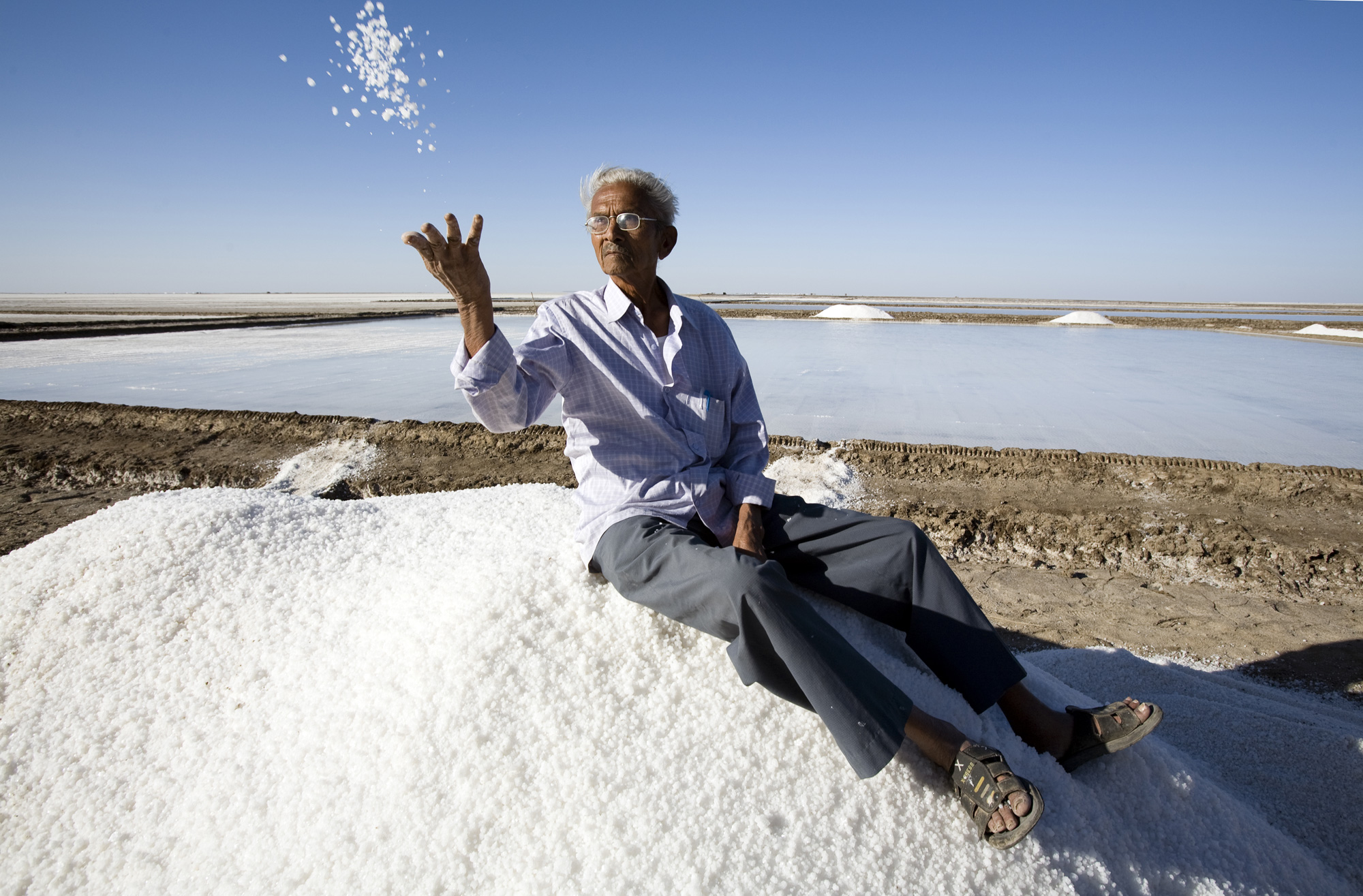In 2004, we began to refer to our work at RSF as social finance. John Bloom and Mark Finser discuss that shift and our ongoing role in this developing field. This was originally printed in our quarterly newsletter. To hear more of the conversation, listen to the Reimagine Money podcast.
John: One of the comments that has been made about social finance even as a concept is that you can’t possibly have finance that isn’t social by definition. For finance to happen it takes relationships and transactions of all sorts. So, what do we really mean by social finance?
Mark: I think it’s being conscious of the way money works to connect people. It’s not just allowing the chips to fall the way they can, but to really consciously be mindful of the consequences of one’s financing, what the ripple effect is, and what kind of social impact that could have. I’m not stuck on the term, because I think at the end of the day if we are successful it will just be good finance.
John: You mean that it will become the norm?
Mark: Exactly. And people will know that a triple or quadruple bottom line makes good business sense— plus it really will benefit the planet and the people, and the culture in which it’s embedded.
John: When we talk about social finance, does that have something to do with a set of values or intentions that one is investing with it? Is it more of an outcomes process?
Mark: And, where do we push the envelope, where do we encourage a new world that we want to imagine, while recognizing that it’s always moving? In terms of outcomes, it’s a moving target. But we must realize that our financing is collusion if we’re just continuing with what’s currently the case, just allowing the status quo. I would never want to come across as if we know it all. I think for us, we’re always questioning and practicing. And we’ve always invited all sectors, our borrowers, our grantees, our donors, and our investors to join us and to participate in that process.
John: I’m going to change the topic, if that’s okay. In a perfect world, do you think private wealth would be privately owned, or should there be something else in place that is more public in nature, more of a common good focused group that looks at wealth in a different way?
Mark: There’s a statement I read of Steiner’s where he asks about: What would it be like if human beings, when they’re born, have a right to a certain plot of land that was really theirs to cultivate, to have a shelter on, and where one could work in community in that regard? When I look at capital—or at least surplus capital— I also see it in relationship to our commons, to the land and to the air, and to the water that we all have in common. I’m really struck by this whole concept of trusteeship, which Terry Mollner talked about, and how we really are trustees, whether it’s of the land or capital that we receive.
John: I think that draws a very important distinction between ownership as almost a spiritual deed versus ownership as a right.
Mark: Yes, there is responsibility in every experience of ownership, and also transaction. Carlo Petrini, for instance, calls consumers co-producers. I really like that because you’re part of helping that production to happen by being engaged. We at RSF like to talk about this whole idea of associating with a wider constituency and basically creating a different kind of economics and a different kind of social finance that’s based on associative principles, where all stakeholders are engaged. This then will create a stronger company, it will create a stronger community, and it will create a better possibility for return of the investment.
John: Speaking of return on investment, I’d love to focus more time on the qualities of that money or capital. Let’s talk about the different kinds of capital, such as loan money, investment dollars, gifts, and so on, that circulate in the realm of social finance.
Mark: There are many kinds of capital and financing stages, from friends and family, angel investment, early-stage investment and expansion-stage capital that go into a company. That’s all on the ownership, or coownership side of the enterprise. And then you have the debt side, subordinated debt and secure debt. That also comes from surplus capital. From a social finance standpoint, the way the money moves and the way the enterprise develops is not just through a one-time transaction; it’s actually through what is built up over time and how that organization or how that enterprise integrates itself within its larger community.
John: And to take a step back, what is capital?
Mark: For me a simplistic way of looking at it, it’s money that’s accumulated through the creation or the creativity of human capacity. So it’s different than money that’s being circulated on a day-to-day basis in the sense of what we use to buy and sell things.
John: As you survey the field, do you see associative economic principles just naturally emerging out of people’s good common sense—whether that’s community or just a desire for connection?
Mark: Yes. I think that’s what this whole local movement is about as well. This is just a starting point. With transportation costs and so on, it will make a lot more sense to do things locally and regionally. But at the end of the day, the planet is getting so much smaller, and it will feel like we’re literally touching somebody across the planet as well. I think our consciousness will get to a point where we actually can feel that what we do right here, what we pour down our drains, or the detergent that we use is affecting somebody on the other side of the planet.
John: That’s a development of a certain imagination about the consequences of our acts. That would be a huge shift in our economic life.
Mark: It would. That’s why Rudolf Steiner touched on the fact that when you talk about finance and you get more into the economic area of the world, that’s where you actually want to build brotherly and sisterly connection, brotherly and sisterly love—because you have the possibility to really meet human needs, and be aware of the consequences of the needs you may be violating or supporting. We often talk about this more from the standpoint of the production of goods and services to meet human needs. But I think the human aspect is very, very important because I think it’s actually the one that can be the most transformative. And maybe not just for human beings, it’s everything. It’s the animal kingdom, it’s the plant kingdom—it’s all spheres of life.
John: From your perspective, what is RSF’s role in this transformation?
Mark: I think RSF’s role is to constantly deepen and to ask the hard questions. It is also essential for us to use the money that’s been entrusted to us—whether, through the Donor Advised Funds or through opening up a Social Investment Fund account—by using each moment when we receive that money and when we make our loans, as an opportunity for furthering this kind of connection and the building of this kind of community. I think it’s true that you actually advance, the individual advances, and the community advances, through the capacity to experience what it’s like to be in somebody else’s shoes.
By Mark Finser, former RSF Chair of the Board and John Bloom, former Senior Director, Organizational Culture


